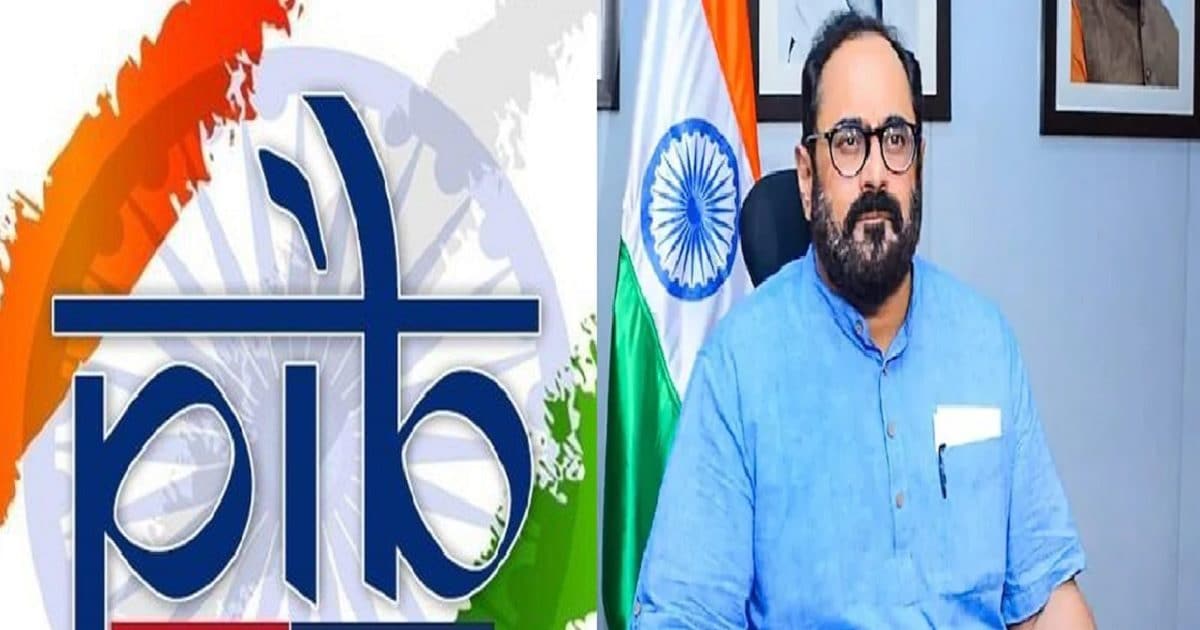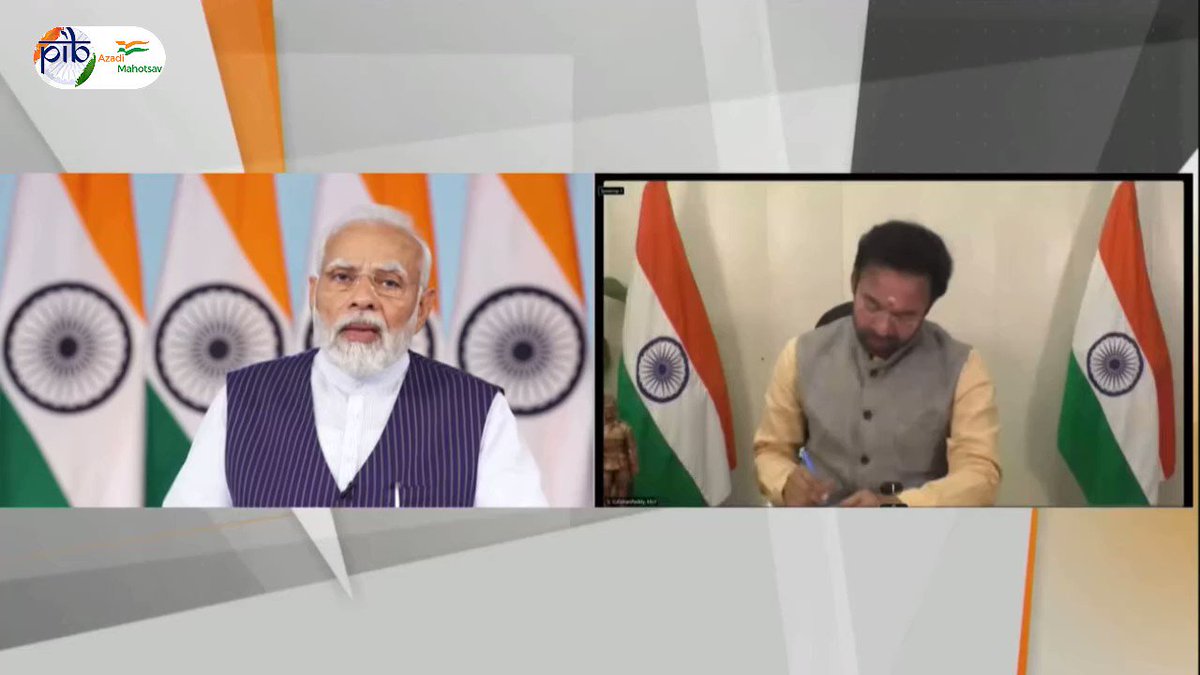PIB: The Press Information Bureau, the primary agency of the Indian government responsible for disseminating information, recently celebrated its centennial anniversary. Established in June 1919 as a temporary cell under the home ministry of the then British government in Shimla, PIB initially focused on preparing an annual report on India for presentation to the British Parliament. Dr. LF Rushbrook Williams of Allahabad University was appointed as the first head of the cell and designated as the officer on special duty..webp?proportion=60)
By the end of 1920, the temporary cell evolved into the Central Bureau of Information. On June 1, 1923, the bureau was formalised and permanently established as the Bureau of Public Information. In a significant milestone, J Natrajan became the first Indian to lead the bureau as the principal information officer in 1941. The organization’s name was subsequently changed to the Press Information Bureau in 1946. Since India’s independence in 1947, PIB has undergone several reconstitutions and is currently led by Rajesh Malhotra.
Former PIB chief, Jaideep Bhatnagar, highlighted the agency’s significant contributions over the years. Apart from effectively disseminating information on government policies, PIB has played a pivotal role in promoting various programs and initiatives. Bhatnagar mentioned that PIB actively facilitated the promotion of new technologies like UPI (Unified Payments Interface), which have now become an integral part of people’s lives for digital payments.
Proudly Celebrating 100 Years of Informing India: The Journey of the Press Information Bureau
He further commended PIB for its consistency in establishing and managing the Fact Check Unit (FCU), which has been highly successful. In 2019, PIB established the FCU to combat the spread of fake news related to the government and its affiliated organizations. This initiative has been instrumental in maintaining the credibility and accuracy of information released by PIB.
A PIB official emphasized that throughout its existence, the agency has played a vital role in providing accurate and timely information to the public and the media. It disseminates information through various communication channels, including press releases, factsheets, and social media platforms. The agency ensures widespread reach by releasing information in English, Hindi, and Urdu, which is subsequently translated into several other Indian languages. This allows PIB to effectively reach approximately 8,400 newspapers and media organizations across the country.
Over the past century, PIB has continually adapted to the evolving media landscape and embraced new technologies to enhance its operations. The agency’s journey from a temporary cell to a permanent establishment is a testament to its commitment to serve as a reliable and trustworthy source of information for the Indian government and its citizens.
The centennial anniversary of PIB not only celebrates its rich history but also highlights the significance of its role in shaping India’s information landscape. PIB has played a pivotal role in bridging the gap between the government and the people by ensuring transparency, accountability, and access to accurate information. As technology continues to advance, PIB remains at the forefront of utilizing these advancements to effectively communicate with the public and combat misinformation.
Looking ahead, PIB will undoubtedly continue to evolve and adapt to the changing media landscape, furthering its mission of informing and empowering the Indian citizens. With its commitment to accuracy, transparency, and accessibility, it remains a cornerstone of the Indian government’s communication apparatus, effectively disseminating information and fostering public engagement.
The Press Information Bureau, the authoritative agency of the Indian government entrusted with disseminating crucial information, proudly commemorated its centennial anniversary. Born in June 1919 as a temporary cell beneath the home ministry of the then British government in Shimla, PIB initially embarked on a noble mission to compile an annual report on India for presentation to the British Parliament. Leading the cell with distinction was the eminent Dr. LF Rushbrook Williams, a respected academic from Allahabad University, who assumed the pivotal role of the officer on special duty.
PIB: A Century of Informing India – From a Temporary Cell to the Vanguard of Government Communication
As time unfolded, the fledgling cell rapidly matured into the Central Bureau of Information by the close of 1920. On June 1, 1923, a historic milestone was reached as the bureau was officially formalized and established as the enduring Bureau of Public Information. In a moment of great significance, J Natrajan became the first Indian to assume leadership as the principal information officer in 1941. The bureau underwent a notable transformation, culminating in the change of its name to the Press Information Bureau in 1946. Since India’s momentous independence in 1947, PIB has witnessed several restructuring endeavors and is presently under the astute guidance of Rajesh Malhotra.
Jaideep Bhatnagar, a former chief , effusively acknowledged the agency’s monumental contributions over the years. Beyond the realm of effectively disseminating information on government policies, PIB has played a pivotal role in promoting various progressive programs and initiatives. Bhatnagar lauded proactive role in nurturing the advancement of pioneering technologies such as the Unified Payments Interface (UPI), which has seamlessly integrated into the everyday lives of citizens, revolutionising digital payments.

